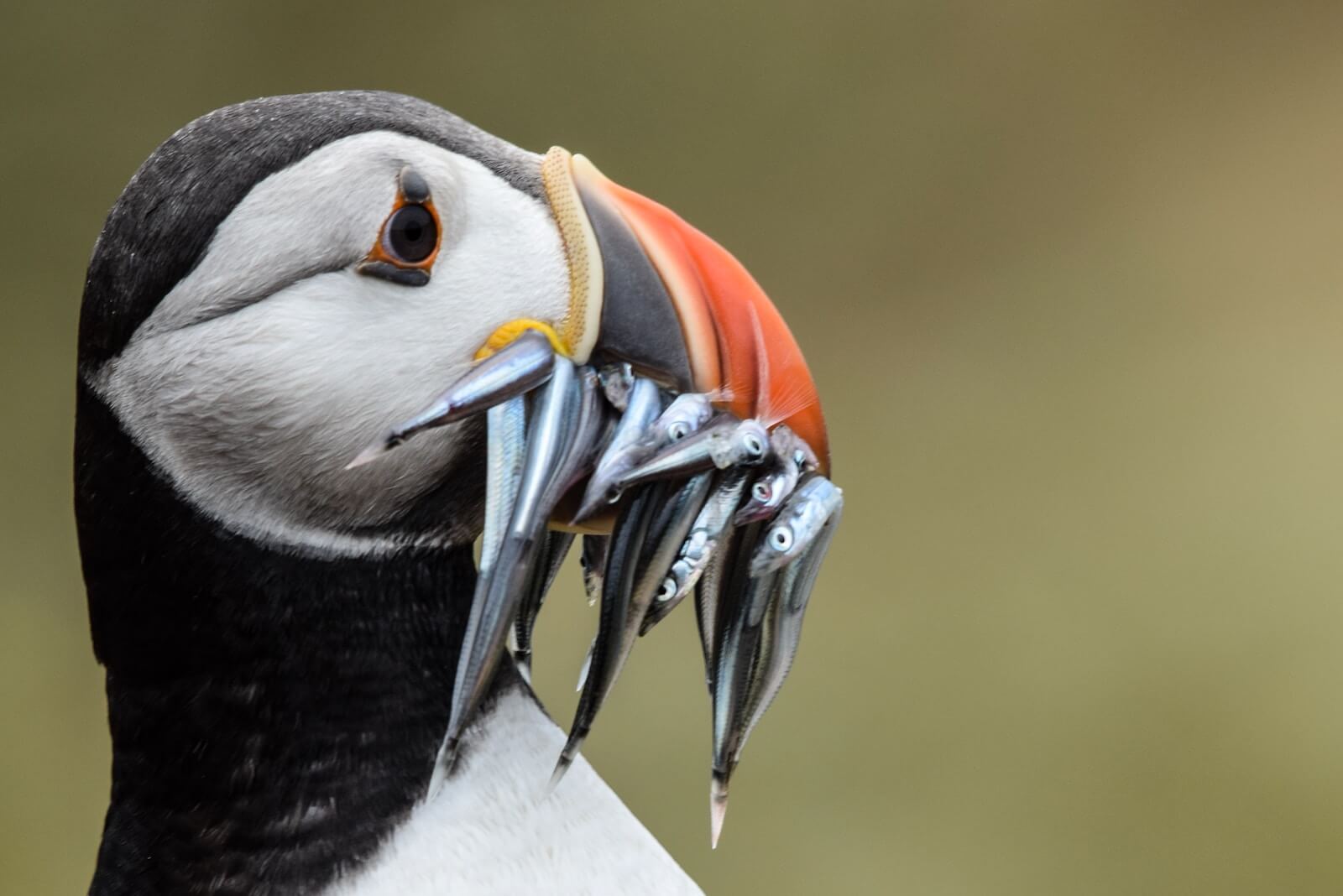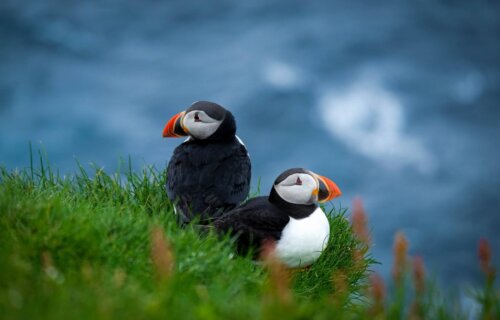NORFOLK, United Kingdom — Some of the world’s most famous seabird colonies, including species such as the Puffin, Fulmar, and Arctic Tern, are on the verge of extinction, new research warns. These species have already experienced “catastrophic” losses due to avian flu in the past two years.
The British Trust for Ornithology (BTO) led a study indicating that the majority of seabird species in Great Britain and Ireland are likely to face significant long-term effects from climate change, potentially exceeding the recent losses. According to the study, with a projected 2°C (3.6°F) increase in temperatures by 2050, species like the Puffin, Fulmar and Arctic Tern could see their populations decline by over 70 percent compared to their numbers at the turn of the millennium.
The study reveals that marine specialist species, including terns, auks, and petrels, are at a higher risk than more adaptable species like gulls. While some species may settle in new areas of Britain and Ireland, conservationists caution that this is unlikely to offset the declines in their current breeding grounds.

“Here in Britain and Ireland, we are fortunate to host internationally important breeding colonies of seabirds,” says Dr. Jacob Davies, the study’s lead author, in a statement provided by SWNS. “Our research suggests that many of our much-loved seabird species such as the Kittiwake and Puffin are particularly sensitive to the negative effects of warming and are seriously threatened by climate change.”
The findings show that seabirds are generally found in lower numbers in areas with higher air temperatures during the breeding season. Each species responds uniquely to various aspects of the marine and terrestrial climate. However, the report concludes that most seabird species in Britain and Ireland will struggle due to the impacts of warming air and sea temperatures, changes in rainfall patterns and other environmental factors. These changes could reduce food availability for seabirds or increase their risk of death due to extreme weather events.
“Climate change is the greatest threat to our internationally important seabird populations,” adds Dr. Rich Howells, co-author and Scottish Government senior marine ornithologist, according to SWNS. “This study provides vital information on potential long-term climate change impacts, which can guide our conservation efforts to bolster seabird resilience.”
The study is published in the journal Marine Ecology Progress Series.
You might also be interested in:
- Farewell to frogs? Study warns hundreds of amphibians on brink of extinction
- Is there really a 1 in 6 chance of human extinction this century?
- Sixth mass extinction on Earth already underway, scientists say
South West News Service writer Stephen Beech contributed to this report.

